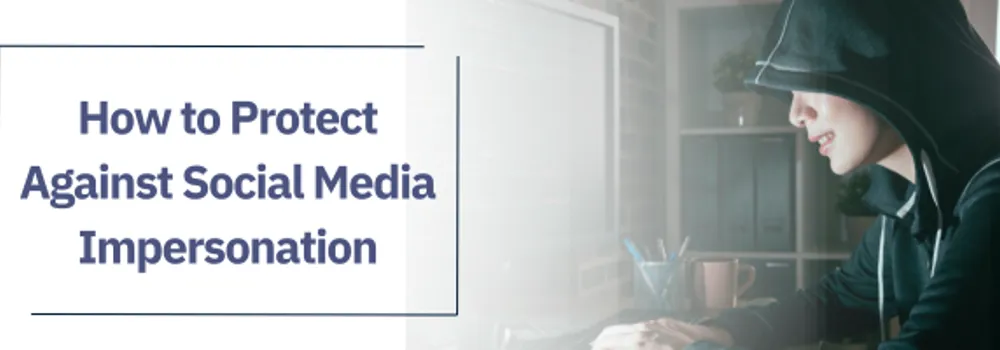
How to Protect Against Social Media Impersonation
Three legal avenues you can take to recover from unwarranted use of personal pictures
Bitconned, a new, blockbuster Netflix documentary, tells the remarkably wild and true story of a phony cryptocurrency firm dubbed Centra Tech. Like every other aspect of the company, Centra Tech’s CEO, Michael Edwards, turned out to be a hoax. In fact, the image of Michael Edwards posted to the company’s website wasn’t of Michael Edwards at all. Instead, the photo reflected Andrew Halayko, a University of Manitoba professor, who was in no way, shape or form associated with Centra Tech. Halayko, like thousands of other social media users today, was a victim of impersonation. His photo was stolen from the internet and used without his permission.
These types of impersonation attacks have resulted in roughly $5 million in global losses according to the FBI. Cyber criminals are growing stealthier each day as they steal pictures from social media accounts and company websites and use them for their benefit. While Halayko’s photo was used to propel a fraudulent business into notoriety, other’s photos have been used for catfishing, stealing financial information and more.
What recourse do you have when you discover your picture is being used without your permission? Legally, there are three avenues to take:
If someone shares a picture of you in your house or another private space without your permission, you can argue invasion of privacy. The use of pictures taken of you in public are, unfortunately, a bit more difficult to defend.
Defamation is another avenue to pursue. In order to prove defamation, you must be able to prove that the unwarranted use of your picture damages your reputation. Finding your picture on an inappropriate website, as the profile picture for a phony and nefarious account or somehow associated with a crime you did not commit would all fall under the umbrella of defamation.
Let’s say someone steals your picture from Facebook and uses it to promote their new product. This type of unlawful use falls under the right of publicity. If you can prove that you are in fact the person in the image used for commercial purposes, be it a brochure, digital campaign or any printed materials, and that the image was used without your consent, you’ll have a strong case.
Social media moguls such as Facebook, Twitter and Instagram encourage users to report impersonation too so that they can protect the privacy of their users.
Setting your profiles to private and routinely checking your digital presence are just two ways to combat issues of impersonation.